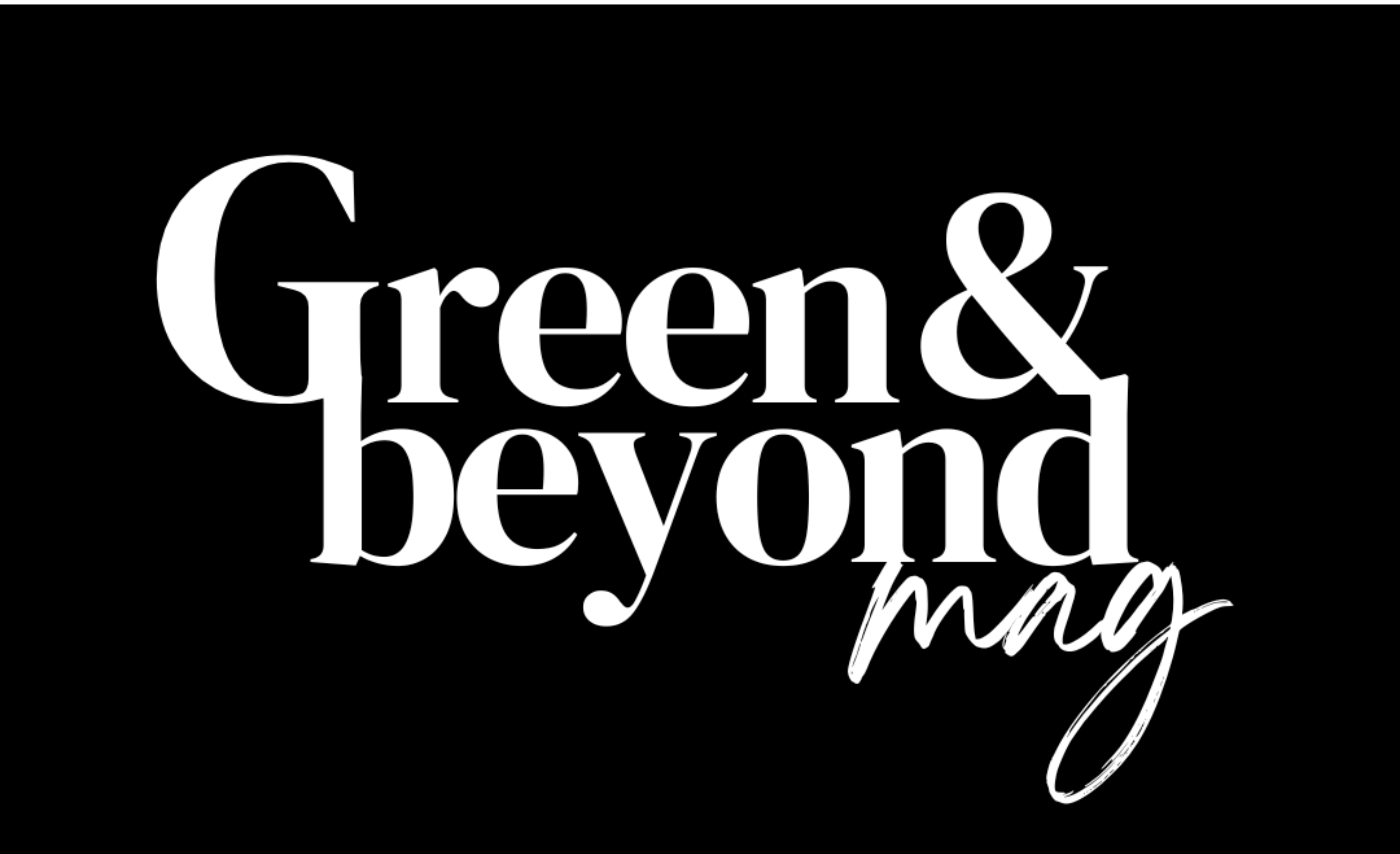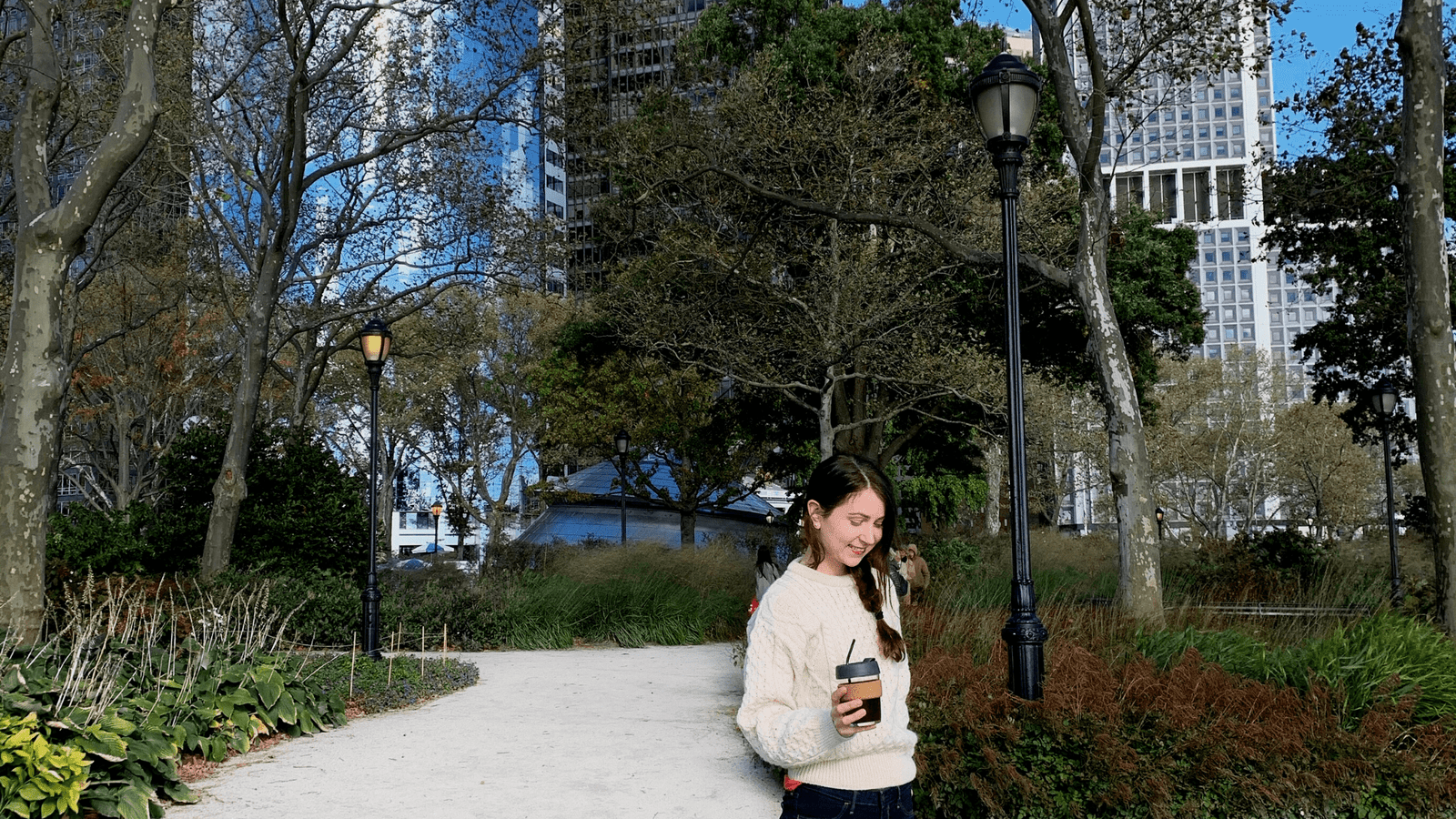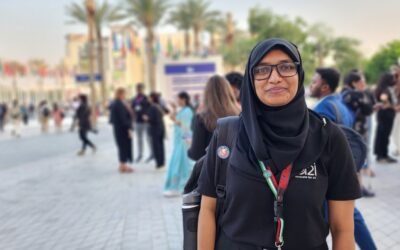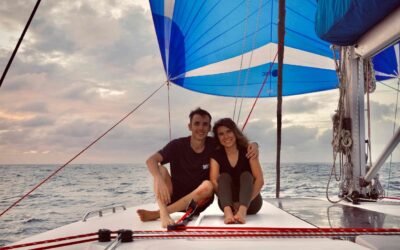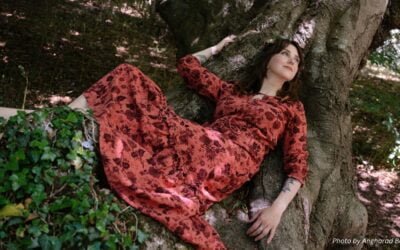Growing up on the central coast of California, Jessica Vetterli developed a deep passion for the enjoyment and protection of nature, a passion that would stay with her throughout her life.
As a young adult, she took up the cause of the environment, working in grassroots campaigning for Environment California, implementing a refill program at an olive oil chain and founding and growing a zero waste granola business in the Bay Area. After receiving a B.A. in Sociology from the University of California at Berkeley in 2013, she went on to join Seed Consulting Group, a firm dedicated to solving complex business challenges for environmental non-profits. But she knew that she wanted to do more, to have a bigger impact on the world. And so in January 2021, she founded Simply Sustainable, a sustainability consultancy for individuals and innovative CPG brands to reach their full potential in creating value for the planet and people.
Tell us your backstory. What inspired you to start Simply Sustainable?
So I grew up in California, – and being a Millennial, I grew up in the generation before phones and social media were a big thing. So, my entire childhood was really in nature – we were always outdoors camping, hiking, and we lived right by the beach, so we were always swimming, surfing, biking – we were always doing something in nature. And I feel like from an early age, I had this connection to nature on a deep level and I think I just kind of took it for granted. I was like “Oh, this is how it is. This is how everyone is.” But then, I got to college and learned about climate change and its consequences that humans are facing. And also the fact that it’s actually human-induced – like we’re creating it! And I feel like in my mind, I was just like, “This doesn’t make any sense. Why are we destroying our home?”
It made me really sad to think that, generations after me won’t be able to experience the same joy and bliss that I found in nature. So I wanted to align my actions and my career with the environment because, as humans, we have that self-awareness and that’s something that differentiates us from other species. It’s like, we can actually enjoy nature, appreciate it, and have that sense of awe and wonder.
And it’s like I’m seeing the effects of climate change now. Even in California, it’s not the same as it used to be – all the wildfires that have been happening over the past few years – they’re getting worse and worse every year and I see how it affects my family and friends that live there. I’ve had friends that have been displaced from their homes, they had to evacuate because the fires are so bad and the drought is so bad. But when I was growing up, that wasn’t a thing – no one talked about that, no one worried about that. California wasn’t like that, you know? Whenever I was asked “What do you think about California? I’d be like, “Oh my God, the beaches and palm trees! It’s so beautiful.” That’s how it was. But I feel like now, California is experiencing terrible, terrible consequences of climate change. So I guess, kind of coming full circle, that was kind of the reason why I started caring about climate change and helping the environment.
I’ve learned so much in the past two decades about sustainable living and what that means – like switching over all my lifestyle habits and just really getting involved locally and within my community and also on a bigger basis. So, that’s really what inspired me to start it.
What is a typical day in your life like?
Mornings are my favorite time of the day, it’s like that sacred time for me, where I try not to check my phone, I try to just have that me- time. I usually make coffee and breakfast and then try to get some movement before starting the day. So I usually try to go for a run or go to the gym or just yoga because I have a lot of anxious energy that I need to let out first thing. And then after, I’ll usually start meetings and have a full day of work and then on a good day, I’ll try to finish work around 7:00 p.m. And then after that, I’ll try to do something social – like, go see a friend, or go to a show or a movie or something.
Because in New York, there are endless opportunities to do things. So, it’s hard to balance work and self-care besides two jobs and also trying to have a life.
How do you practice sustainability in your regular lifestyle?
I would say sustainability – it’s really integrated into my everyday life, to the point where it’s so automated now that I don’t even think about it – it’s like brushing my teeth – kind of a thing. And that’s really what I’m trying to help my clients achieve through Simply Sustainable. Since I’ve been learning about sustainability and really trying to make those lifestyle changes for like two decades – which makes me sound old (chuckles) but, fun fact I’ve never actually had a driver’s license. So, I’ve never owned a car. Never. I mean I’ve ‘driven’, technically like once in a while in my life but I do not drive. I 100% use public transportation and walking for everything. Luckily, I live in New York City, which has amazing public transportation. So taking the subway, biking, that’s a big thing.
I have made it a point to understand my local municipality center – what I can and cannot recycle, how to compost and just overall how to reduce my trash. So, I really don’t produce a lot of trash and I live pretty close to a zero waste lifestyle. And I’m very fortunate in that sense, because I have access to a lot of resources. I get that being able to live a zero-waste lifestyle is really different depending on where you live. So, some people don’t have access to bulk stores or reusable stores and things like that. So of course, I totally understand that. So, recognizing my own privilege, and being able to live in a community that supports that.

I took a tour of New York City Recycling Center, it’s called Sims Recycling Center and actually it was super enlightening because they really shared what New Yorkers can actually recycle and can’t. A lot of people think they know what’s recyclable and they’ll just throw something in the bin and hope that it’s recyclable, but they don’t really know. And so when I took a tour of the recycling center, they really broke it down there like, New York city cannot recycle flexible packaging, it cannot recycle cardboard that has oil on it, etc. – so they really broke it down. And it made me understand exactly what I can recycle and what I can’t recycle which has also influenced the way that I make purchasing decisions. So when I’m at the store and I buy things, I think about the package and I really try to prioritize buying things that I know have a high recycling rate in New York city. So, that’s one thing. And then, composting is super important to me and it’s something I really enjoy. I feel like there’s something about being around food scraps, it just kind of feels like it connects me to nature.
Also, I buy used items whenever possible. I really try not to buy a lot of things. I’m not very materialistic, I’m very minimal. So I really just try not to buy a lot in general, but if I do, I really prioritize buying used items. For example, when I moved into this studio apartment, I had never lived on my own before. So I had to furnish my apartment. I had to buy a table, a couch – all that stuff and I went to local used marketplaces for all of that stuff and I was able to find everything I needed. And it was pretty cool because I was able to actually talk to the real people that owned them and I could hear their stories. Like, I have this beautiful table and the person was like – “This table has been in our family for like 20 years. I’m so happy to pass it on to you.” So everything that I own kind of has a story to it.
Lately I’ve also been thinking about anything that I buy or that I’m going to bring into my home. I try to always challenge myself to ask that question like – “Okay, I want to buy something new but let me think about it, do I see myself having this forever?”. I try to think about the life cycle of the product or whatever it is I’m buying. And then, if I do buy new, of course, I really try to prioritize buying from sustainable companies, like ethical businesses that are local of course.
I have a plant-based diet, I’m also really passionate about that and my friends are down too. Like, they always want to try vegan restaurants with me – which is really cool. And then, I started this business as I really want to help other people that don’t necessarily have the knowledge or time or energy to figure out all these things for themselves. So, that’s kind of a way that I’m trying to go above and beyond with my own individual life and really make a broader impact and help others.
What were the Eco traveling preparations and experiences like on your recent trip to Italy?
I think with traveling, it’s definitely a tricky issue. And as I mentioned, I’ve never had a car. So, first of all, I do try to be mindful when I travel. I try to really think about “Okay, do I need to go on this trip? How will it enrich my life overall?” And so, when I went to Europe this summer, one thing that I do want when I travel is that I try to just travel from one place and not hop around too much – I try to stay in one place and travel deeper, rather than broad. I used to do backpacking, which is cool, but these days, I want experience. Like, I’d rather stay in one city for a month, than travel to five countries because, that way, you get a deeper experience of the culture.
So, I went to Europe for three months and I primarily lived in Paris – that was my home base. And, Paris is a huge metropolitan city just like New York. So, I was able to take public transportation, I was able to incorporate all of the lifestyle habits that I have in New York and I was able to do that really easily in Paris. Also, when I travel, I try to do research on where I’m going and see, “Okay, do they have public transportation? How can I compost there? How can I recycle there? Are there any zero-waste stores that I should check out? Any vegan restaurants?”
So if I’m going to be there for a long time, I try to do research on that place and see how I could be sustainable while there. So Paris was great, and I was really there for three months. I mean, I could have traveled all over Europe, and I met people that were traveling just like me and they were going everywhere – they’re taking planes from here and there, like all over the continent because it’s so cheap. But I’ve only been out of Paris twice – one time, it was Italy – to meet one of my co-founders for Simply Sustainable, and then the other time was Croatia. So within that whole time, I only traveled twice outside of Paris. So, it kind of gave me that deeper experience of where I was.
And then, when I travel I try to stay close to my zero waste lifestyle – like still bringing in my containers and trying to be mindful of that.
As an entrepreneur, how do you deal with negative emotions like self-doubt, criticism or burnout and keep yourself motivated?
I would say it’s a process. I definitely don’t have it all figured out, it’s something that I am continuously working on every single day. One thing that has helped me is reflecting back on the past.
So, when I was in California after college, I had another business. It was a zero-waste granola business. So, I was doing that for a few years and it was such a beautiful experience, it was amazing. And I reflect back on it these days and think “Wow, that was so cool” and it really resonated with a lot of people and it was something that even to this day I don’t even see – like no one else is doing it.
Basically, I had this business where I was making granola and I was selling it all in reusable containers and bulk containers. So every store that I was selling it to and that I would partner with, I would implement this circular system which was a part of my brand and I was like “Hey guys, here’s this really amazing granola. Bring in your jars or I have a jar for you. You can save it and bring it back for a refill.” So it was like a circular model and it was pretty cool. Like I said, to this day, I still don’t even see that a lot. But at the time, when I was doing it, I faced a lot of self-doubt and I was always questioning myself. I was always asking “Why am I making granola? Is this really what I want to do with my life?” I was questioning everything and it held me back a lot. So, that has been an insightful thing to think about. Because I look back at that experience when I was doing something pretty cool but I still had so much self-doubt. So, with my new business, Simply Sustainable, I still face those same inner criticisms and I question myself like, “Oh my God, is anyone going to want this? What am I doing? Should I just stick to a day job?” – all these kinds of things. I try to look back on my previous experience and think, “Oh well I was asking myself the same questions, so it’s really not about what I’m doing, and it’s more about me – like it’s something that I need to work through.”
Another thing that’s helped me is trying to look at my business objectively. I think when we start our own businesses, everything feels so personal to us. Like our success feels personal, and if we get rejected from a client or from someone important, that feels personal too and it feels like, “Oh we’re a failure!”
And one thing that’s helped me is really trying to separate that. I have this full-time job also, right? And it’s funny that I never feel self-doubt in my full-time job – like I just go for it. I don’t care if I fail, because I’m like “Oh well, I still get a salary.” And I work in sales, so when people reject me, I’m like “Oh, it’s fine.” I don’t care because this is just part of the job. So I try to apply that thinking to my own business. But for some reason, it’s harder to do so with my own business because it feels more personal. But I try to be objective and think like, let’s say, I just got hired to do this business. Let’s say it wasn’t my idea, I didn’t create it, but someone just hired me, saying “Hey, sell Simply Sustainable, or build Simply Sustainable.” I would have approached it and thought about it so much differently. So that’s been a good thought exercise for me.
What happened to the granola business?
Basically, I wanted to move to New York and it was just a lot of doubt honestly. At the time, I was in California and I was like, “I don’t know if I just want to have a granola business forever. I don’t know if this is actually what I want to do with my career.” And I knew that the more I did it, the more attached and deeper I would get into it and then it would be harder to walk away from down the line. So I just kind of decided to shut it down and try something new. So, I moved to New York right before the pandemic and got a different job. I was just trying new things. But I am actually thinking about relaunching it here in New York so that could be a possibility!
Tell me a little bit about Simply Sustainable and your motive for this program in general.

Simply Sustainable is a 12-week course where people learn everything about sustainable living. They get to learn about how to integrate sustainable habits into their lifestyles, how to really live sustainably and also have that broader impact just beyond themselves. But mostly to get involved in their community, to make a really big positive impact, and leave the legacy that they want to leave, as well as connecting with like-minded people on that journey, having a community, having a “sustainability family”.
My goal for Simply Sustainable is that everyone becomes best friends. I mean, they learn all about how to compost, recycle properly, how to reduce their plastic waste, how to reduce our overall trash, how to incorporate climate-friendly foods into their diet, where to go for sustainable swaps or for anything they want to buy – Just giving people the tools and resources to navigate that and then getting involved within our community – whatever that means for them, whether it’s like starting a new business or something that has to do with the environment or working to push legislation through, hosting cleanups – kind of whatever that looks like for them.
What are the challenges that you faced when starting off your business?
The first challenge was understanding what a service-based business is. I never worked in a service-based or consulting type business before. My past experience was in the consumer-package business. So, just understanding that landscape and that space was a challenge. And then when I was creating Simply Sustainable, trying to understand what aspects of sustainable living to focus on, i.e. do people want to learn more about reducing plastic or sustainable swaps or aligning their careers with sustainability? – So just trying to understand that and then providing value, putting something together that really provides value for people. Also learn about how to connect people online because having a virtual environment is really different than when you’re in person meeting people. So, creating a community online that feels really authentic and feels like a family was another challenge because my goal with “Simply Sustainable”, was that I want this to be a family. I want people to make lasting friendships, I want them to meet their business partners or their next investors – I want them to make those connections there. So how do I foster that online when people are spread across different time zones? They all have different backgrounds, and different priorities but they’re all united by that shared value of caring about the environment and wanting to make that positive impact. So, those are some of the bigger challenges.
How do you define success?

Success to me is about the journey, not the outcome. So when someone is on a path that feels aligned for them, it brings joy, like it challenges you to grow and evolve and become a better version of yourself – to me, that’s success. So, it’s not about what you achieve on the outside – whatever that looks like; the accolades, the money etc.
As an entrepreneur, what does the future of your career in sustainability look like to you?
I really want to help as many people as I can. Sustainable living is not just for environmentalists or tree-huggers or vegans. I want people to know that sustainability is for everyone. No matter what your life situation or life circumstance looks like, we all share this home, our planet. I really just want to build a really great community around where people really do feel inspired and empowered to make a change.
What do you do for fun? Any hobbies or passions?
Right now I’m learning French and Spanish. Living in France was so cool and it just made me want to learn French. So I’m doing that. Also, really just spending time with a lot of my friends living in New York, going to Broadway, shows and comedy shows and just trying out new restaurants (of course plant-based – so focusing on more sustainable restaurants) and then movies etc. I also like doing yoga and outdoor activities, like hiking, surfing in the summer – those kinds of things as well.
What’s your mantra for life?

I really strive to listen to that inner voice and try to do what’s aligned for me, even if it’s not a popular decision or it’s not what other people want me to do or what they think I should do. I really just try to critically think about what I need to do at this moment, what is going to feel the best for me right now and make me a better person who is able to give more to other people. Because, you know, as cliche as it sounds, you can’t give from an empty cup, right? So, I feel like it’s important to focus on ourselves, taking that time for ourselves, having the self-care that we need, making the decisions that we need for ourselves. I mean, it could be something as small as going to a yoga class at night instead of hanging out with a friend or it could be a big life decision such as moving to a new country, moving to a new continent – like making that major life move – whatever that means for you. So that’s kind of what I always am trying to do.
What advice would you give to someone who is trying to become a green entrepreneur?
I would just say keep at it, like don’t give up. That’s pretty much it. Just keep doing what you’re doing. You’re making more of an impact on people’s lives than you realize. Sometimes we don’t really recognize the impact that we’re creating until way later, and sometimes, we never realize it. So, just stick with it, keep at it, and everything will turn out great.
How can others be involved with you and Simply Sustainable?
They can find our Instagram at @simply_sustainable. They can find my profile which is just @jesswasteless and we also have a website, hellosimplysustainable.com where you can find a bunch of resources as well.
